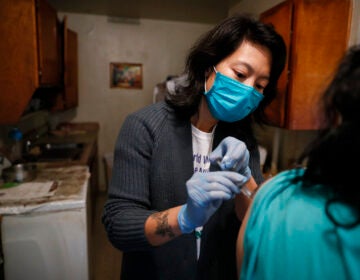A mother’s wish for her son: Mental health treatment
His immigration status — undocumented — stands in the way of obtaining medication and therapy a 15-year-old boy needs for his depression, ADHD, and more.

Perla Lara and her son, Amar (Courtesy of Perla Lara)
How do we help children thrive and stay healthy in today’s world? Check out our Modern Kids series for more stories.
Perla Lara is a single mother with three children. She is a Mexican journalist who was forced to flee that country when her reporting on government collusion with organized crime angered officials and her life was threatened.
Since moving to the Philadelphia suburbs in 2011, Lara has been trying to change her visa type, to obtain a green card. She has struggled to financially support herself and her family. That struggle became more difficult when her teenage son, Amar, began to experience serious behavioral-health problems. Amar is currently living in the U.S. as an undocumented immigrant. Because of his immigration status, resources that would allow him to receive medication and therapy often are unavailable.
His mother continues to fight for social services for him however she can. This is her story.
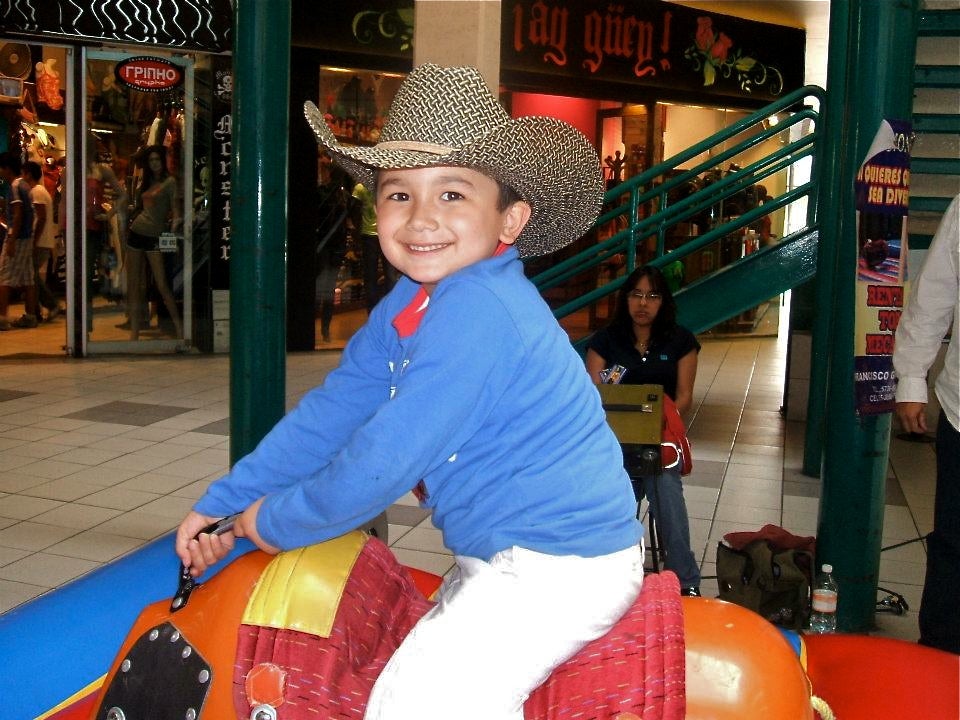
I have three children: two girls, 8 and 18 years old, and Amar, my son, who is 15. I have always been worried that my son might inherit mental illness. It seems to be in the genetic makeup of my family and his father’s family. Even as a young child, I saw behaviors that were red flags. He was hyperactive and hypersensitive. He showed signs of compulsive behavior and anxiety.
In 2016, he became the target of bullying because he was an undocumented immigrant. During Donald Trump’s campaign for president, kids in his school who had once been his friends changed. They made fun of him, used slurs directed at Latinos, and told him that once Trump won the election he would be deported. They told him that “his days were numbered” in this country. After the election, former friends continued to mock him, acting surprised that he was still coming to school, saying that soon they would not see him again.
Under stress from the bullying, Amar began to have panic attacks, and he became deeply sad. He became aggressive and was involved in angry incidents with some of the bullies. He became so apathetic that he failed to comply with his school and would not complete his assignments. In seventh grade, he failed two classes and was unable to pass the school year.
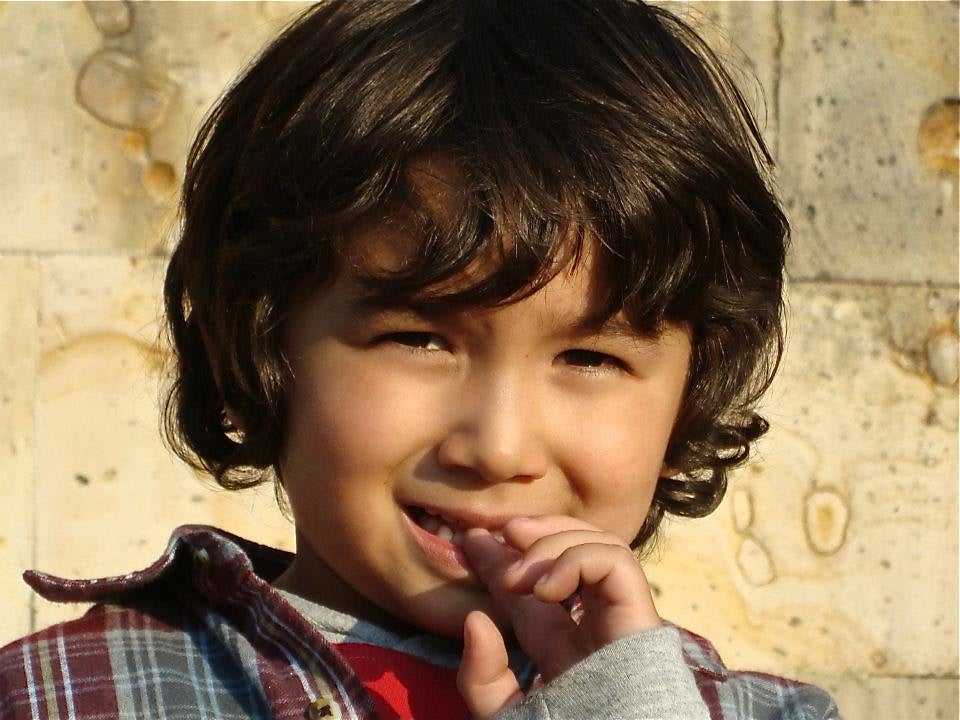
Online summer school would have enabled him to retake the two classes and pass the school year. But instead of attending summer school, he told me that he wanted to do a teen discipleship and missionary training program through our church. Other young people from our church were attending the program, which would take place in Texas over a couple weeks.
I wanted Amar to do summer school, but I was just beginning to understand the depth of his depression, and the resources available through school were not helping. The anti-depression medicine he was prescribed also did not seem to be helping. I thought it was a big risk to take, to fail the school year. But at that point, his strong faith seemed to be the only thing helping him through his depression. Maybe the youth missionary program would be the best thing for him.
I was afraid for him, but Amar thought the program might give him the opportunity to connect with spirituality in a way that would help lift him from depression. He said that he would rather try to solve his emotional problems than pass math or science; he did not mind losing the year, and wanted to stop feeling like he wanted to lose his life.
I had hoped that his problems were just emotional — not a mental illness. When he came back from Texas, he told me than he didn’t want to take more medicine for his depression. He was ashamed that he failed seventh grade. His depression had not lifted, and he began to have more thoughts of killing himself.
One day, Amar came to ask me and his older sister to help him die. He said he could not do it alone because he didn’t want to go to hell. Amar thought that if I did it instead of him, God would understand that I did it to get rid of his pain, and that He would forgive me. This was when I understood that suicidal people don’t want to die, they just want the pain to stop.
I desperately sought help, at church, at school, through social services, and even through my consulate. I approached as many people and nonprofit organizations as I could. Although I received some help from my church and the foundation of Abington Hospital, it was not enough. My son was hospitalized once due to a psychiatric emergency.
Amar needed more than just talk therapy — he needed specialized psychiatric care, and help in managing his medication. The kind of comprehensive treatment he needed was not available to him because of his immigration status.
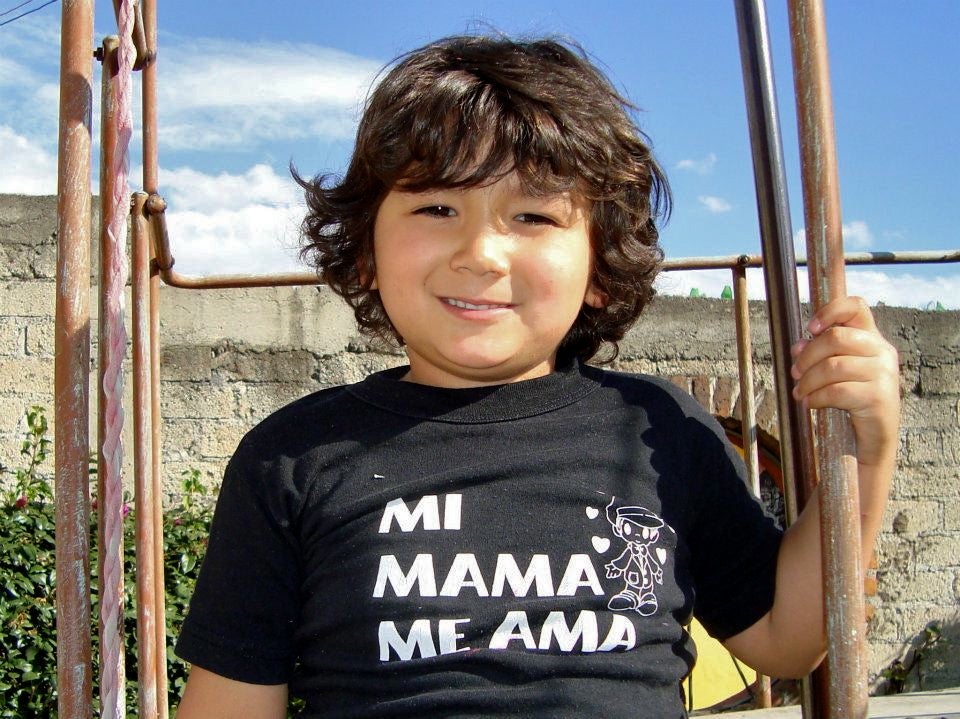
Mental-health crisis workers told me it would be almost impossible for my child to receive the help he needed because he does not have insurance, and he doesn’t qualify for coverage under CHIP (Children’s Health Insurance Program) because of his immigration status. Without a green card, an immigrant can only receive emergency services, not ongoing treatment, even for major depression. If immigrants apply for welfare help or programs like CHIP, they may be denied from applying for any kind of immigration relief.
At one point, when Amar talked about his suicidal ideation in front of the youth leaders, we were taken to an emergency psychiatric clinic that accepts uninsured patients. Amar was diagnosed with ADHD, clinical depression, and oppositional defiant disorder.
He was given medication to treat the ADHD and the depression, but without health insurance he cannot receive additional follow-up services.
Amar is currently studying at an alternative school for kids with behavioral problems and working to recover credits. Many of his classmates are there because they have committed crimes and are on juvenile probation. The school has fewer than 100 students and he does have access to therapy — although in one month his assigned therapist changed twice.
Amar’s life is still a roller coaster, with depression and panic attacks. It is difficult to regulate his emotions. I can afford some of his prescriptions but not all. He needs care from a psychiatrist, but without health insurance, that‘s not possible.
I’m taking as many courses as I can with NAMI (National Alliance on Mental Illness) and other organizations, even webinars organized for parents who have children with these painful challenges. I want to help other families who, like me, have to navigate three broken systems — immigration, mental-health systems, and education.
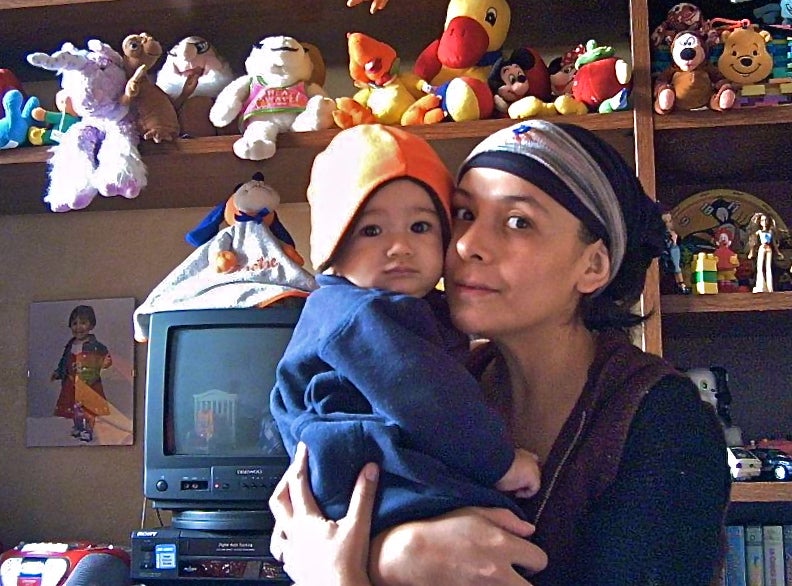
I will keep fighting for the immigration regularization that could give my child access to treatments that would lead him to live a more bearable, and someday a successful, life.
I have met many people that turned into activists after a tragedy, have written a book or opened a foundation. But I don’t want to wait until my son becomes a statistic and joins the growing number of teenage suicides before I do something.
WHYY is your source for fact-based, in-depth journalism and information. As a nonprofit organization, we rely on financial support from readers like you. Please give today.





